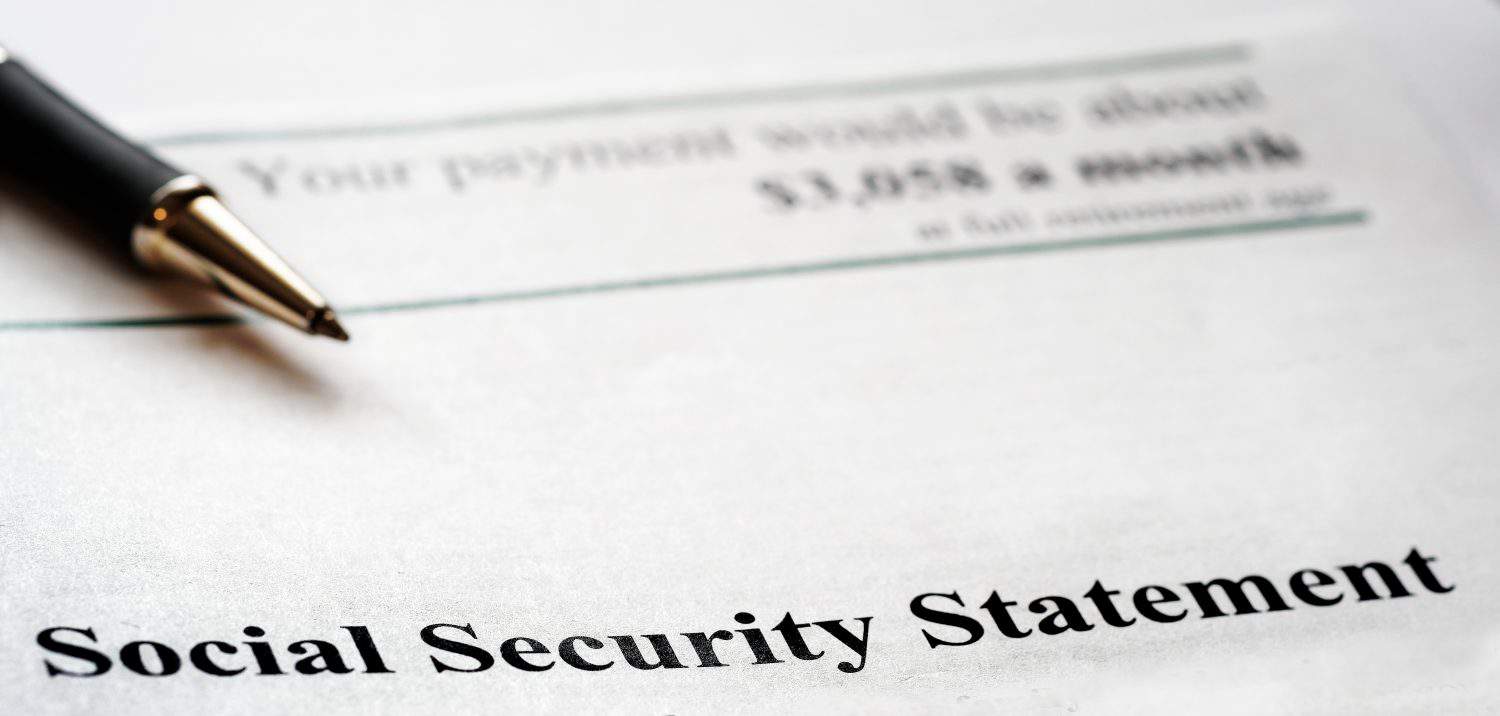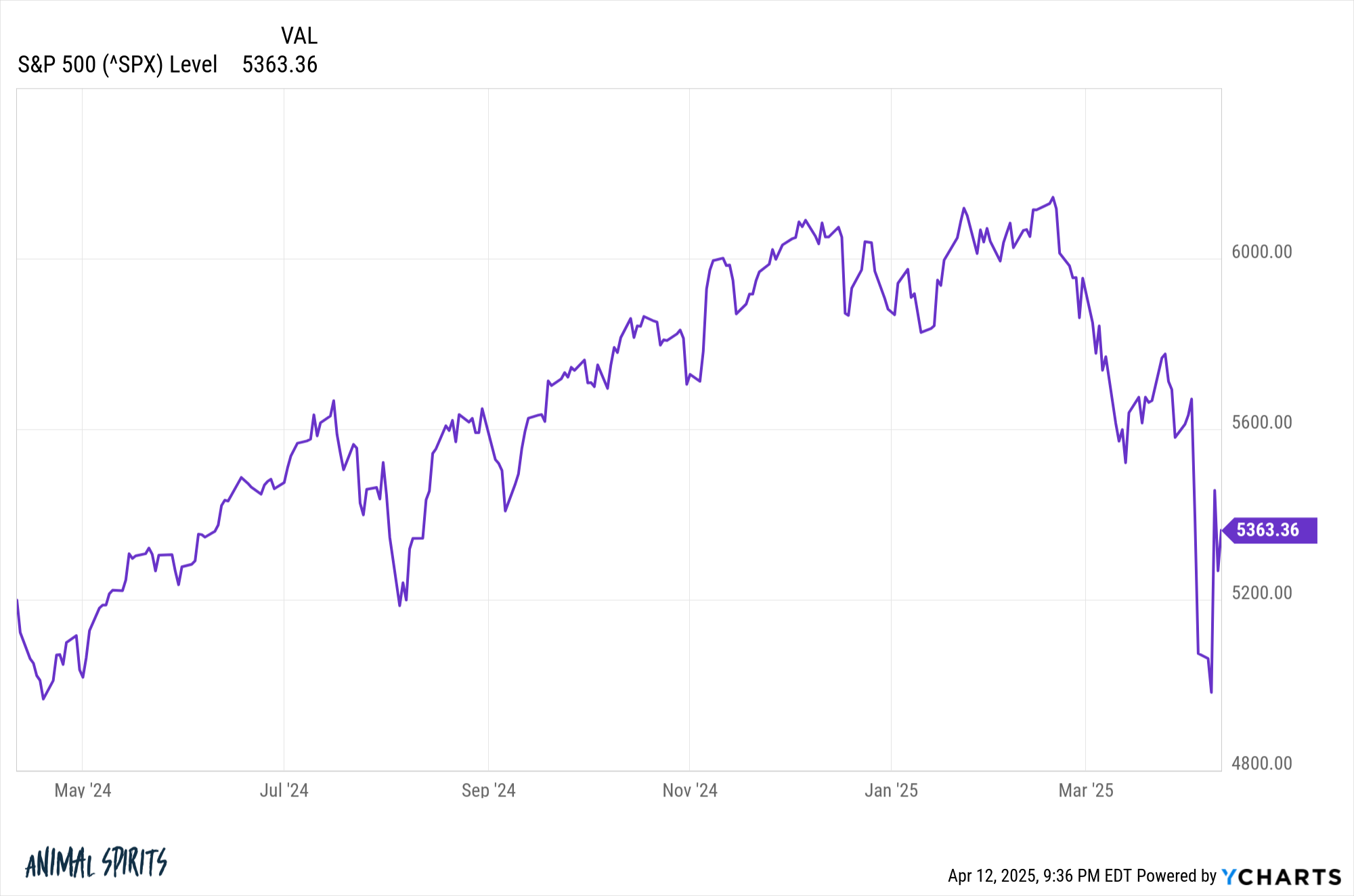4 in 10 Unprepared Americans Blame Lack of Savings for Retirement Woes
It may or may not surprise you to learn that a large number of workers today feel unprepared for retirement. And while some workers have many years to put a plan in place, those nearing retirement may be down to the wire. Recent data from the Employee Benefit Research Institute found that 39% […] The post 4 in 10 Unprepared Americans Blame Lack of Savings for Retirement Woes appeared first on 24/7 Wall St..

Key Points
-
Many Americans are woefully unprepared for retirement.
-
If a lack of savings is holding you back, it may not be too late to catch up.
-
Be strategic with your investments and Social Security claim to score more retirement income.
-
Are you ahead, or behind on retirement? SmartAsset’s free tool can match you with a financial advisor in minutes to help you answer that today. Each advisor has been carefully vetted, and must act in your best interests. Don’t waste another minute; get started by clicking here here.(Sponsor)
It may or may not surprise you to learn that a large number of workers today feel unprepared for retirement. And while some workers have many years to put a plan in place, those nearing retirement may be down to the wire.
Recent data from the Employee Benefit Research Institute found that 39% of current workers and 27% of retirees who are not confident about their retirement prospects feel the way they do because of a lack of savings.
That’s the bad news. The good news is that it may not be too late for people who lack savings to catch up and put themselves in a stronger position to retire. If that sounds good to you, here are some things you’ll need to do.
Figure out your retirement income needs
In the survey above, only half of Americans have calculated how much money they will need in retirement. And that perhaps explains why only 20% of workers are very confident in having enough money to live comfortably in retirement.
It’s hard to establish a retirement savings goal if you have no idea how much money you’ll need. So to that end, think about what you want your senior years to look like, and then try to take steps to estimate the cost of the lifestyle you want.
If you can’t do this alone, which is understandable, hire a financial advisor so you can get help. An advisor can help you estimate your future costs based on factors like inflation. They can also help you factor in expenses like healthcare, which could rise as you get older.
Have a Social Security strategy
Even if you’re not planning to retire for many years, it’s a good idea to have a sense of when you’ll claim Social Security and how those monthly benefits might fit into your retirement income picture.
The survey above found that Social Security remains the top source of income that Americans expect or receive in retirement. If you expect Social Security to be your primary income source, too, then it’s important to maximize your benefits and figure out when you’ll sign up.
You should know that while you can first claim Social Security at age 62, if you were born in 1960 or later, your full retirement age (FRA) to claim benefits is 67. Filing prior to that will result in a lifelong reduction.
You can also delay your Social Security claim past FRA to boost your benefits. Each year you hold off beyond that point lets your benefits grow 8%, up until the age of 70.
Sneak more money into your retirement savings
It’s easy to see why so many people lack retirement savings. It’s not easy to find money for an IRA or 401(k) when there are pressing bills to cover, from mortgage costs to car payments to childcare expenses.
But if you don’t save a decent chunk of money for retirement, you risk winding up cash-strapped — especially give the possibility of Social Security cuts.
A good way to catch up on savings is to make sure you’re claiming your full 401(k) match in your employer’s retirement plan. Another way is to do a serious examination of your spending and identify a few costs to trim. From there, you can take the extra money and allocate it to your nest egg.
You may also want to consider a side hustle and use your earnings to fund a retirement plan. This is worth exploring if you’ve already tried whittling down your expenses and there’s still not a lot of money left over for your savings.
You should also know that once you turn 50, you can make catch-up contributions in an IRA or 401(k) plan. And 401(k)s now offer a super catch-up for people between the ages of 60 to 63.
Make sure you’re invested savvily
If you want to be able to approach retirement with more confidence, you need a savings goal, a Social Security strategy, and consistent contributions to a retirement account. But you also need to make certain you’re putting your money to work.
Investing conservatively for retirement could leave you short on your goals. So if you’re many years away from retirement, go heavy on stocks in your portfolio so that your money is able to grow nicely.
And if you’re not sure how to invest your retirement savings, once again, that’s what financial advisors are for. An advisor can make sure that your investments are not only age-appropriate, but poised for long-term gains.
The post 4 in 10 Unprepared Americans Blame Lack of Savings for Retirement Woes appeared first on 24/7 Wall St..






























































































































































